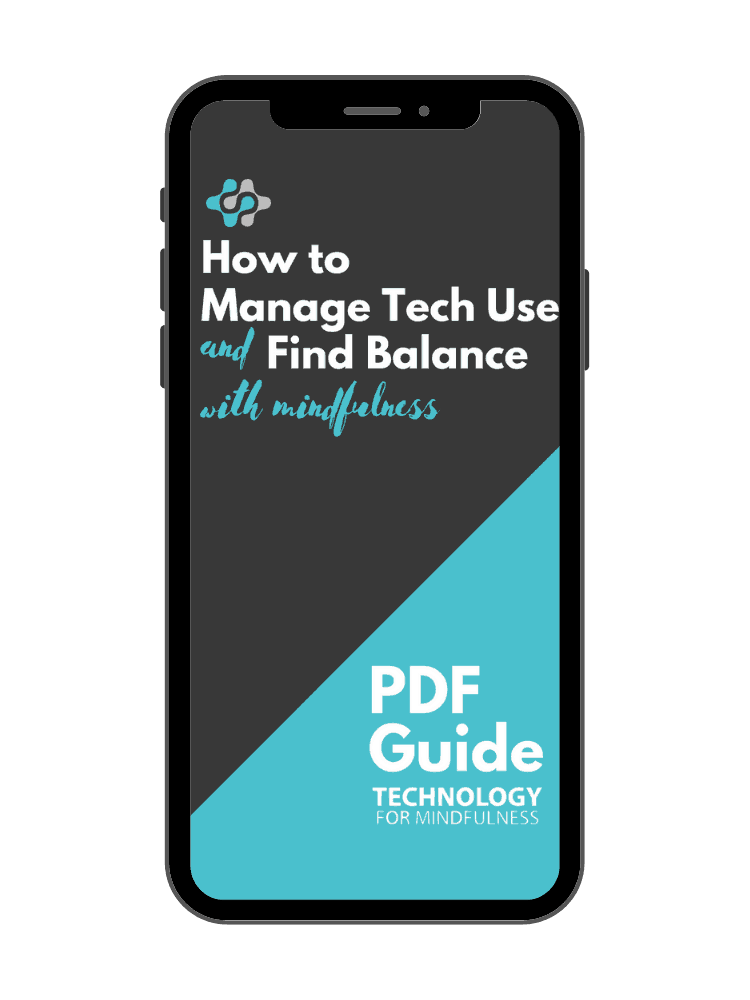In an effort to share a range of perspectives on the meaning of mindfulness and to facilitate a discussion about this important topic, we are posting a series of short essays by different contributors on What Mindfulness Means to Me. Below is our founder, Robert Plotkin’s view of what mindfulness means to him.
Perhaps because one of my hats is that of a computer scientist, I think one important aspect of mindfulness is “de-coupling.” In computer science that term is used to refer to severing the link between two parts of a computer program (or other system) so that those two parts are not interdependent on each other. One benefit of technological de-coupling is that it enables the two de-coupled components to act more flexibly and independently. For example, if you de-couple the part of a program that performs a calculation from the part that displays the results of the calculation on a screen, then you can swap in different code for performing the calculation without also having to re-write the existing code that displays the results of the calculation.
In the context of mindfulness, I think of “de-coupling” as referring to severing the link between stimulus and response, or at least to creating the foundation for gaining conscious control over that link. Mindfulness can help to develop the ability to observe a stimulus–such as my smartphone ringing–and not to react automatically to it. This creates the possibility of freely and wisely choosing how to respond to the ringing smartphone, or of not responding to it at all. The link between stimulus and response is either severed or, to use another computer science term, changed from a “tight coupling” to a “loose coupling.”
Sometimes I think of developing these loose couplings as creating a space between the stimuli that I perceive and my responses to them. In computer science terms one might call this space a “buffer.”
Although I don’t subscribe to the belief that the mind is a computer, I do find these analogies between computer systems and mindfulness interesting and helpful. Do you see any other such similarities? If so, please feel free to comment below.
Email us at contact@technologyformindfulness.com to submit your own definition of what mindfulness means to you.


